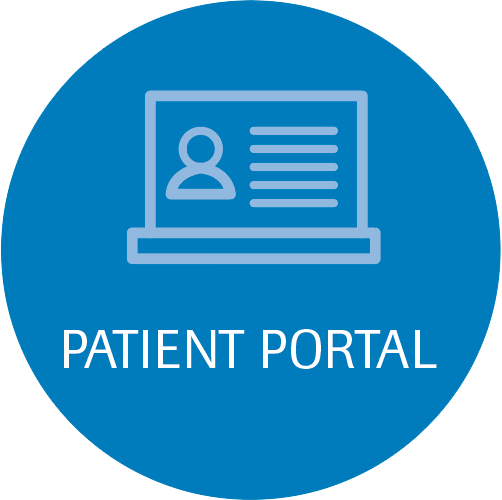What is an Amniocentesis and what does it do?
Amniocentesis is a prenatal test in which a small amount of amniotic fluid is removed from the sac surrounding the fetus for testing. The sample of amniotic fluid (less than one ounce) is removed through a fine needle inserted into the uterus through the abdomen, under ultrasound guidance. The fluid is then sent to a laboratory for analysis. Different tests can be performed on a sample of amniotic fluid, depending on the genetic risk and indication for the test.
Why is an Amniocentesis performed?
Amniocentesis is performed to look for certain types of birth defects, such as Down syndrome, a chromosomal abnormality.
Because amniocentesis presents a small risk for both the mother and her baby, the prenatal test is generally offered to women who have a significant risk for genetic diseases, including those who:
- Have an abnormal ultrasound
- Have a family history of certain birth defects
- Have previously had a child or pregnancy with a birth defect
- Will be 35 or older at the time of delivery
Amniocentesis does not detect all birth defects, but it can be used to detect the following conditions if the parents have a significant genetic risk:
- Down syndrome
- Sickle cell disease
- Cystic fibrosis
- Muscular dystrophy
- Tay-Sachs and similar diseases
Amniocentesis can also detect certain neural tube defects (diseases where the brain and spinal column don’t develop properly), such as spina bifida and anencephaly.
Because ultrasound is performed at the time of amniocentesis, it may detect birth defects that are not detected by amniocentesis (such as cleft palate, cleft lip, club foot, or heart defects). There are some birth defects, however, that will not be detected by either amniocentesis or ultrasound.
If you are having an amniocentesis, you may ask to find out the baby’s sex; amniocentesis is the most accurate way to determine the baby’s gender before birth.
An amniocentesis can also be done during the third trimester of the pregnancy to determine if the baby’s lungs are mature enough for delivery, or to evaluate the amniotic fluid for infection.
Who performs the test?
The amniocentesis itself is performed by your OB doctor with the assistance of an ultrasonographer specifically trained or certified in Ultrasound imaging.
Where does it take place?
At Jackson Hospital in the Radiology Department.
How long does it take?
This exam generally takes about 45 minutes to complete.
What can I do to make it a success?
- Bring your doctor’s orders with you when you come for your scheduled exam.
- Wear comfortable, easy to remove clothing.
- Follow all preparation instructions given to you by your physician’s office. If you have any questions, please call us for clarification. We want your exam to be as successful as possible.
What should I do before the exam?
No special preparation is needed for this study.
What happens during the exam?
A small area of the abdomen is cleansed with an antiseptic to prepare for the amniocentesis. You may receive a local anesthetic (pain-relieving medication) to reduce any discomfort. The doctor first locates the position of the fetus and placenta with an ultrasound. Under ultrasound guidance, the doctor inserts a thin, hollow needle through your abdomen and uterus, and into the amniotic sac, away from the baby. A small amount of fluid (less than an ounce) is removed through the needle and sent for laboratory analysis.
You may feel minor menstrual-like cramping or discomfort during the amniocentesis or for a few hours after the procedure.
What should I do after the exam?
After an amniocentesis, it is best to go home and relax for the remainder of the day. You should not exercise or perform any strenuous activity, lift anything over 20 pounds (including children), and you should avoid sexual relations.
You may take two Tylenol (acetaminophen) every 4 hours to relieve discomfort. The day after the procedure, you may resume all of your normal activities unless otherwise directed by your doctor.
The results of the amniocentesis are generally available within 2-3 weeks. If you have not received the results within 3 weeks, call your health care provider.
Contact Information:
Ultrasound Department (at main hospital): (850) 718-2582
Ultrasound Department (at OP Center): (850) 526-6702
Radiology Department: (850) 718-2580
Hospital (main operator): (850) 526-2200





